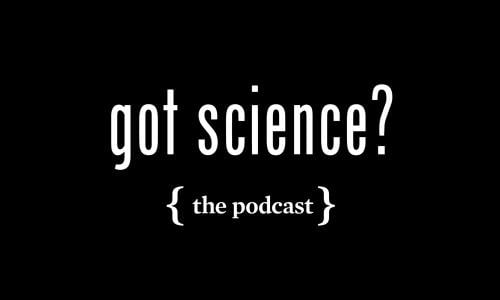
Gregory Kulacki collects information and conducts analysis on security problems in East Asia. He uses that information and analysis to facilitate constructive dialogue between scientists, scholars and legislators from the United States, China, Japan and South Korea who seek solutions to security problems that do not depend on the use or threat to use nuclear weapons. His areas of expertise include Chinese nuclear weapons policy, Chinese space policy, the US-Japan extended nuclear deterrence relationship and the history of East Asian nuclear relations since the US atomic bombings of Hiroshima and Nagasaki in 1945.
Gregory earned a doctorate degree in political theory and a master’s degree in international relations from the University of Maryland in College Park. He also completed graduate certificates in Chinese economic history and international politics at Fudan University in Shanghai and is fluent in Mandarin Chinese. Before joining the Union of Concerned Scientists in 2002, he was the Director of External Studies at Pitzer College, an Associate Professor of Government and Politics at Green Mountain College and the China Director for the Council on International Educational Exchange.
Gregory spent a large percentage of his academic and professional careers living and working in East Asia. He is deeply committed to advancing a more just, equitable, diverse and inclusive dialogue on security problems in the region, and believes those problems are more likely to be resolved if the voices of his East Asian colleagues can be heard, respected and more carefully considered by US policy makers.
Selected publications
Kulacki, G. 2021. The Nuclear Deterrence Strategy of the US-Japan Alliance is Failing but Can Be Fixed. Journal for Peace and Nuclear Disarmament (August).
Kulacki, G. 2020. The super weapon, the paper tiger and Godzilla: a trilateral dialogue on nuclear weapons. China Int Strategy Rev. 2, (November): 217–231.
Kulacki, Gregory. 2020. Nuclear Weapons in the Taiwan Strait. Nagasaki University.(July)
Kulacki, Gregory, Jennifer Knox, Miyako Kurosaki. 2021. Japan Is Not an Obstacle to a US “No-First-Use” Policy. Union of Concerned Scientists. (July)
Kulacki, G. 2015. Japan and Hair-Trigger Alert. Union of Concerned Scientists. (July): 1-10.
Kulacki, G. 2015. China's Nuclear Weapons Strategy. Union of Concerned Scientists. (July): 1-8.
Kulacki, G. 2014. Chinese Concerns About U.S. Missile Defense. Union of Concerned Scientists. (July): 1-7.
Kulacki, G. 2014. An Authoritative Source on China’s Military Space Strategy. Union of Concerned Scientists. (March): 1-13.
Kulacki, G. 2013. Strategic Options for Chinese Space Science and Technology. Union of Concerned Scientists. (November): 1-15.
Kulacki, G and Lewis, J. 2012. No First Use of Nuclear Weapons: Issues and Answers in the U.S.-China Nuclear Dialogue. Foreign Affairs Review 29, no. 5 (September): 95-101
Kulacki, G. 2011. Chicken and Ducks: the U.S.-China Nuclear Dialogue. Arms Control Today 41 (October): 15-20
Kulacki, G. 2011. US and China Need Contact, Not Cold War. Nature 474 (June): 444-445
Kulacki, G. 2010. Chinese Intentions in Space: A Historical Perspective for Future Cooperation. Space and Defense 4, no 1: 101-113
Kulacki, G and Lewis J. 2009. A Place for One’s Mat: China’s Space Program, 1956-2003. American Academy of Arts and Sciences
Kulacki, G and Lewis J. 2008. Understanding China’s Anti-Satellite Test. The Nonproliferation Review 15 (July): 335-347
Kulacki, G. 2008. A Space Race with China. Harvard Asia Pacific Review 9.2: 12-15

